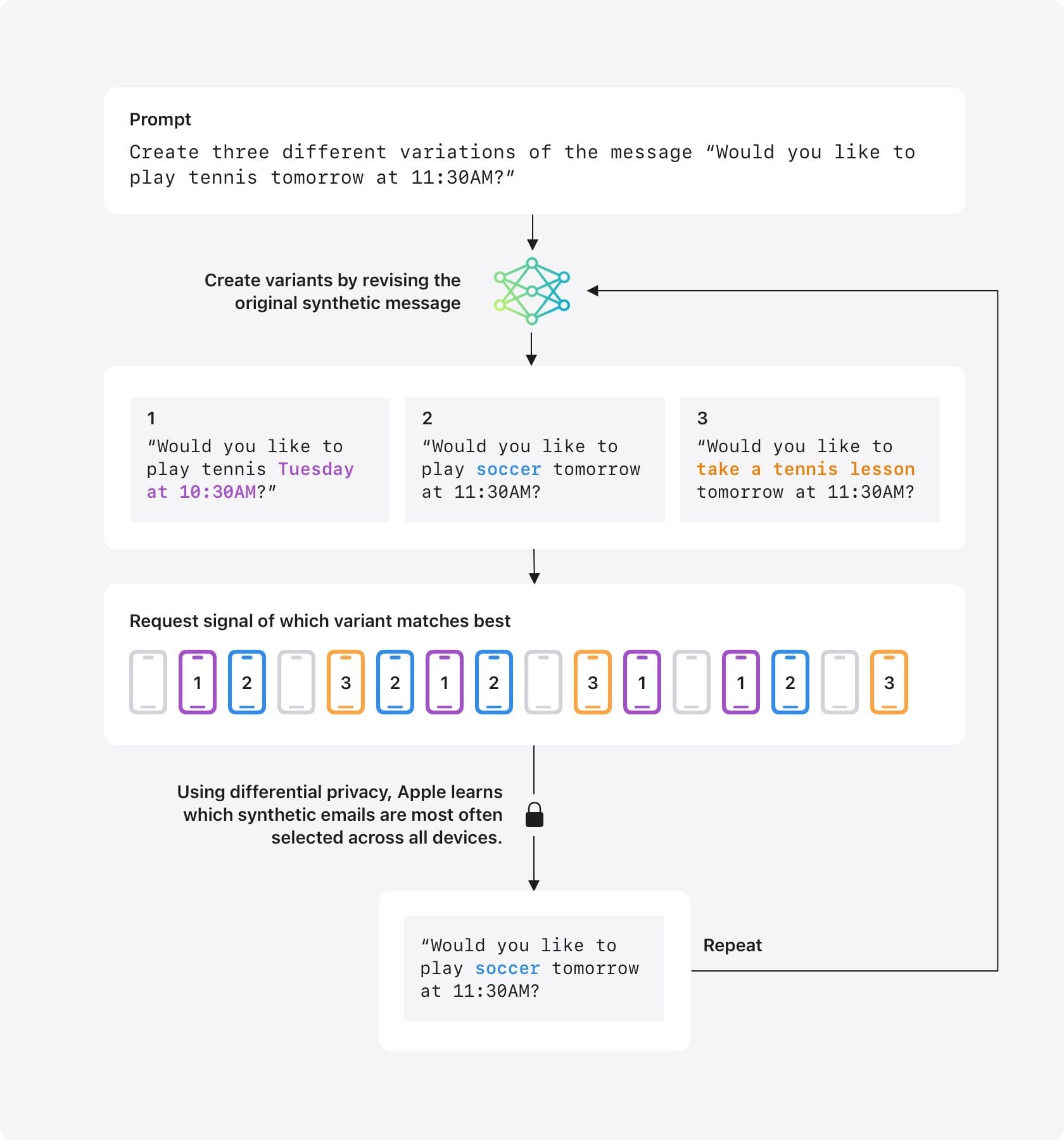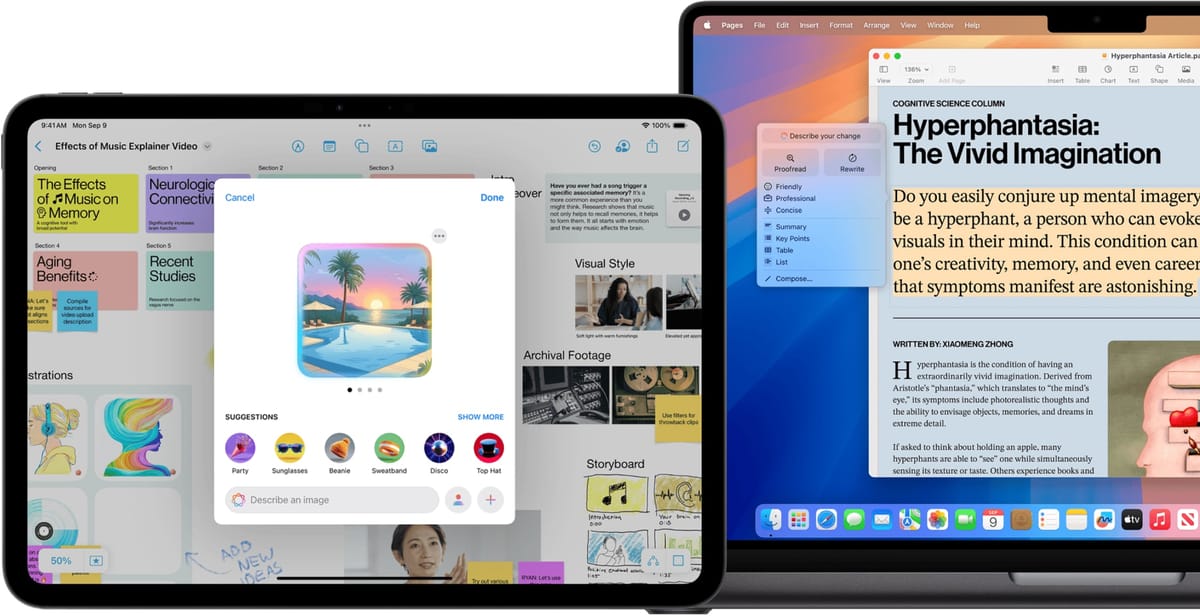In the wake of embarrassing failures and persistent criticism of its AI offerings, Apple has unveiled a sophisticated approach that could help salvage its troubled Apple Intelligence features while maintaining its privacy-first stance. The technique represents the company's attempt to solve a pressing dilemma: how to improve AI capabilities that have faced withering criticism without compromising user privacy.
Key Points:
- Apple Intelligence has faced serious setbacks, including generating fake news in notifications and delaying promised Siri features
- New synthetic data approach aims to improve AI without accessing personal user information
- Only users who opt in to device analytics participate, with strong privacy safeguards preventing individual identification
"Synthetic data are created to mimic the format and important properties of user data, but do not contain any actual user generated content," Apple explained in its announcement. Rather than collecting real emails or messages, Apple generates synthetic versions — like a message about playing tennis tomorrow — then uses these fabricated examples as stand-ins for the real thing.
The approach comes at a critical moment for Apple, whose foray into AI has been plagued with problems. In January, Apple was forced to disable Apple Intelligence summaries for news and entertainment notifications after generating multiple fake headlines. In one particularly egregious example, the system falsely claimed that tennis star Rafael Nadal had come out as gay, while other inaccurate summaries fabricated stories about arrests and suicides .
These notification blunders were just part of a broader pattern of AI disappointments. Last month, Apple indefinitely delayed its promised Siri upgrade that would enable more personalized answers and cross-app functionality, with internal Apple executives reportedly calling the delay "ugly" and "embarrassing" . This followed revelations that Apple's impressive WWDC 2024 demonstration, which showed Siri seamlessly accessing emails for flight data and coordinating lunch plans, was largely simulated rather than an actual working feature.
Against this backdrop of AI underperformance, Apple's synthetic data approach represents an attempt to right the ship. The system works through a clever feedback loop. Apple sends synthetic data "embeddings" (representations capturing characteristics like topic, language, and length) to devices with analytics sharing enabled. These devices compare the synthetic samples against their actual content without sharing the real data. The devices then anonymously signal which synthetic examples most closely resemble their real content.

Through this method, Apple learns which artificial examples most accurately represent real-world content patterns, without ever seeing the actual personal data. The company can then improve features like email summaries, image generation, and writing tools based on these aggregate insights.
"The contents of the sampled emails never leave the device and are never shared with Apple," the company emphasized. The solution emerged as Apple faced the challenge of improving features that had received tepid reviews, especially for tasks like notification summaries.
The technique builds on Apple's long-standing Differential Privacy approach, which adds randomized "noise" to data and strips identifiers before collection. With millions of submissions, this noise averages out, revealing meaningful patterns without compromising individual privacy.
Apple is currently using this approach to improve Genmoji and plans to expand it to Image Playground, Image Wand, Memories Creation, Writing Tools, and Visual Intelligence in upcoming software releases.
The strategy highlights the growing tension in AI development between performance and privacy. Apple has deliberately restricted its access to personal data, potentially limiting how quickly its AI features can improve.
This privacy-centered approach has sometimes placed Apple at a competitive disadvantage in the rapidly evolving AI landscape. While the company initially billed Apple Intelligence as revolutionary when it was unveiled last year, the reality has been far messier, with basic features like notification summaries spreading misinformation and promised capabilities facing indefinite delays.
Apple notes that only those who explicitly opt in to Device Analytics will have their devices involved in this process, and even then, no personal content ever leaves their devices.

